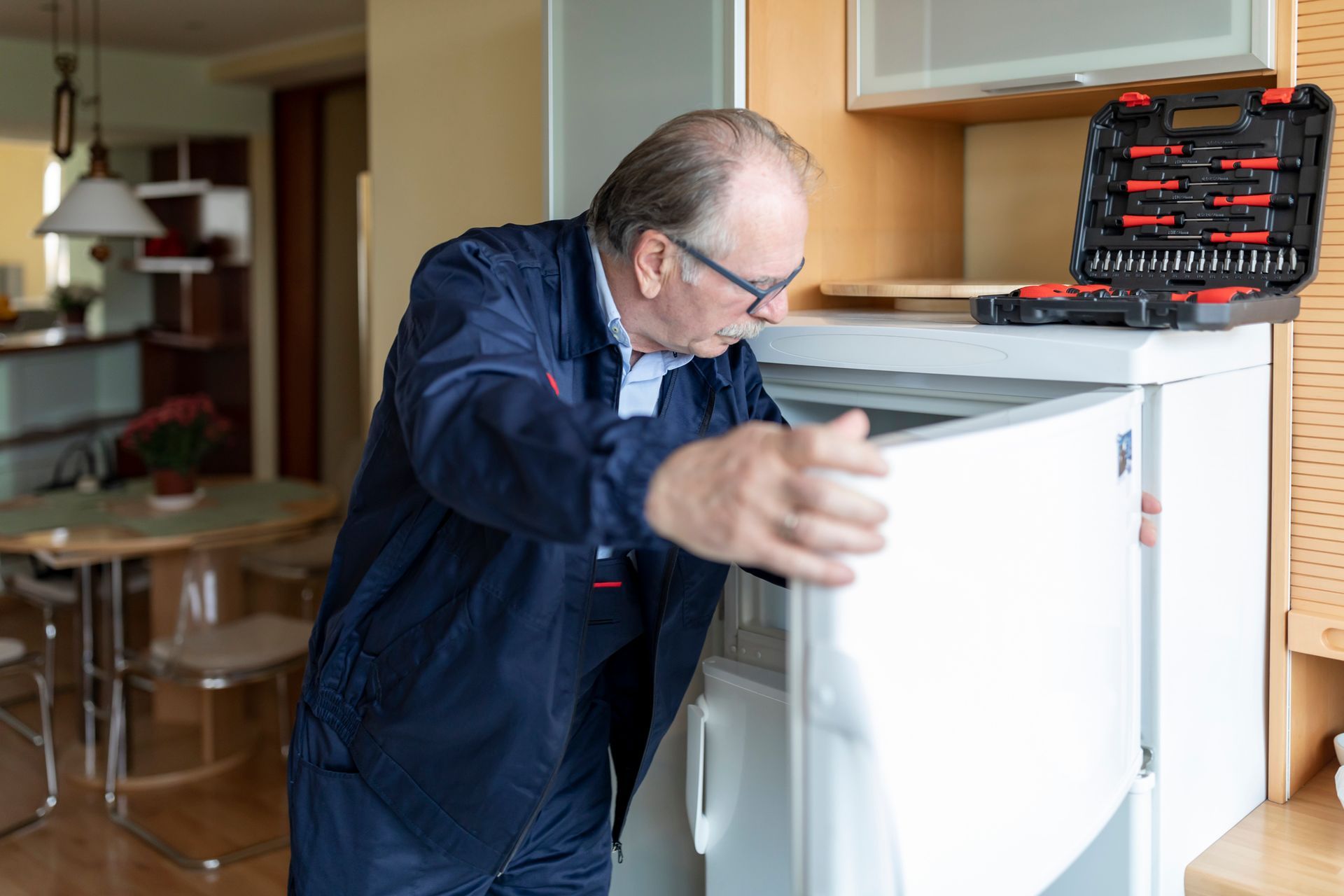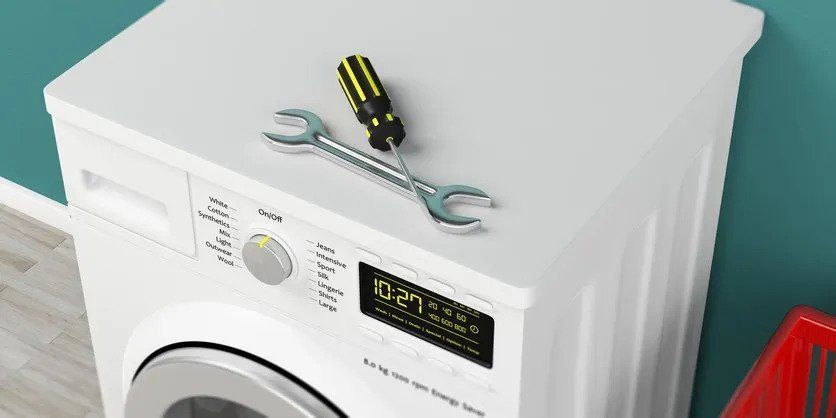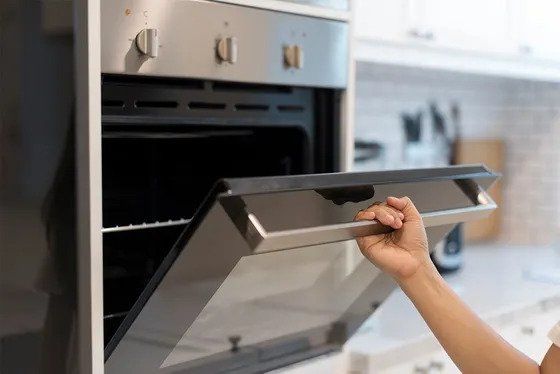Do Your Restaurant Appliances Create Food Waste?
Restaurant food waste is real. Losing money to unused and uneaten food can hurt your profits, yet onethird of food produced globally is never eaten. Your restaurant can help cut down on the amount of food wasted when you take time to manage food orders, instill creative uses of leftovers, and even resize your plate portions.
Sometimes many efforts are not enough, and your restaurant may still experience profit loss due to food waste. But one avenue where food gets wasted may be right in your own kitchen and storage areas. Kitchen appliances like freezers, walk-in coolers, and stoves can inadvertently create further food waste through poor maintenance, improper appliance use, and human error.
Here are some ways those appliances might waste valuable food and what you can do about it.
Commercial Stoves and Ovens
Stoves and ovens receive the brunt of cooking mistakes and can quickly become dirty, greasy and encrusted with food. Much of the time, stoves and ovens that go for long periods between cleanings cannot cook as efficiently, which affects the quality of food.
For example, dirty burners and other heating elements produce inconsistent temperatures and leave cooks guessing heat amounts. The results may be burnt entrees, dry meat, and other useless foods that end up in the trash.
Take a look at how the right maintenance can help extend the life of a stove and cook foods the right way.
- Keep reflective pans below the burners clean and shiny to better direct heat toward cookware.
- For concealed burners, you can help direct heat to cookware when the stove top is always clean.
- Keep burner handles greased with high temperature valve grease so you can easily turn them without using force.
- For multiple ovens and stove tops, invest in snap-on strips to better adjoin ranges and prevent food drips down the sides.
Not only do clean ovens and stoves perform better and prevent food waste, they are less prone to grease build up that combusts and starts kitchen fires.
Commercial Freezers and Refrigerators
Though they differ in temperature settings, freezers and walk-in coolers both store food at ideal temperatures in order to preserve food and prevent food waste. A freezer or fridge with the wrong temperature settings will allow food to thaw out and spoil, or freeze too cold and get freezer burn. Both scenarios force you to throw away food.
In order for these appliances to properly preserve food the right way and reduce how much food you must throw away, a little maintenance and some smart storage tips are in order.
- Check the temperature setting regularly . The ideal temperature for walk-in coolers and refrigerators is below 41 degrees Fahrenheit. For the freezer, -4 degrees Fahrenheit. The right setting maintains food to keep it safer for consumption.
- Stock food so air can circulate . Leave room at the bottom, top, and sides of freezer walls to help maintain a consistent temperature so food lasts longer.
- Don't let moisture accumulate . Excess moisture from accidental thaws inside freezers can ruin food that develops freezer burn. Leaky food containers inside refrigerators can contaminate other foods and even grow mold.
Finally, regular food rotation ensures you use the oldest food first. Use a clear, easy-to-read label system of use-by dates, and place newer food behind old food as you stock shelves.
The right maintenance and usage of your commercial appliances help you store, preserve, and prepare food with minimal waste. If you're unsure what maintenance is necessary for your appliances, contact a professional from Appliance Repair Solutions. We can recommend steps to keep them working for you, and make any repairs if something goes wrong.









